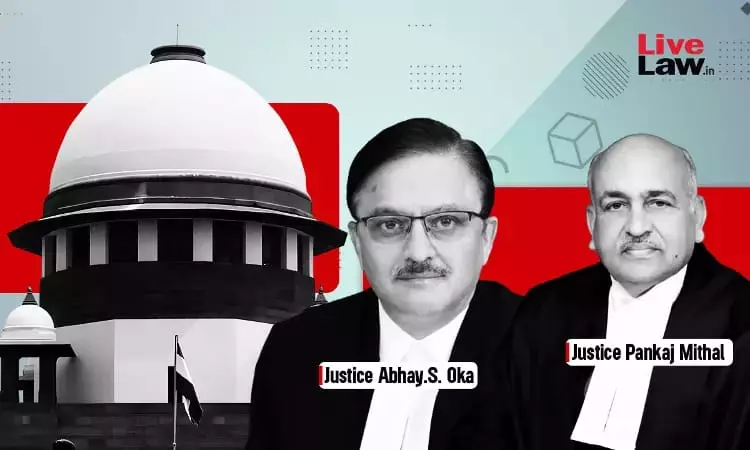Judges Taking Up Cases Not Assigned By Chief Justice Is An Act Of 'Gross Impropriety': Supreme Court
Sheryl Sebastian
25 Oct 2023 2:03 PM IST

Next Story
25 Oct 2023 2:03 PM IST
The Supreme Court recently said that the judges should refrain from taking up cases not specifically assigned to them by the Chief Justice of the Court. If not, the roster notified by the Chief Justice will have no meaning, the Court said. The Apex Court said that taking up cases not assigned by the Chief Justice is an act of 'gross impropriety'. “If the Courts allow such sharp practices,...
